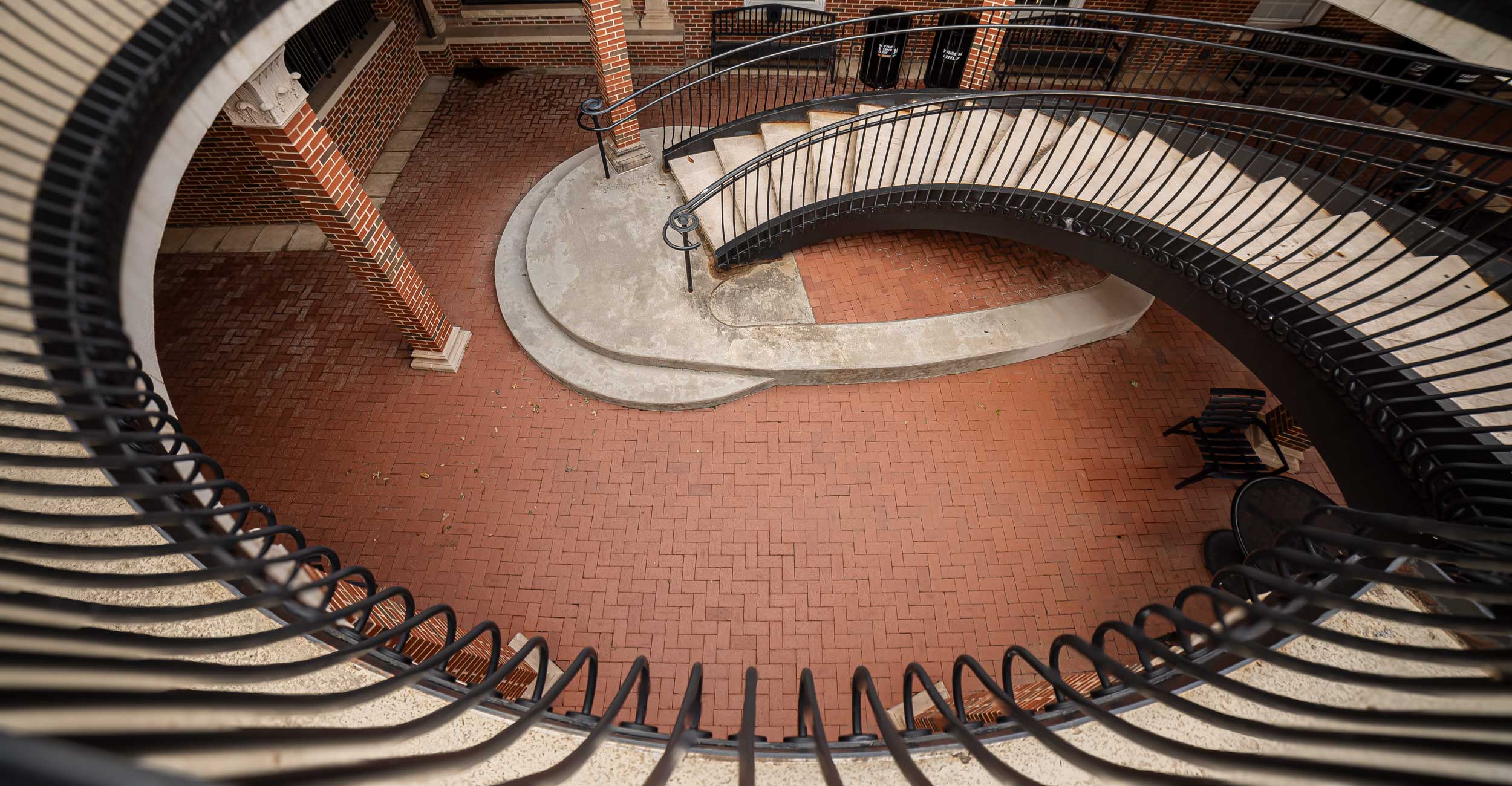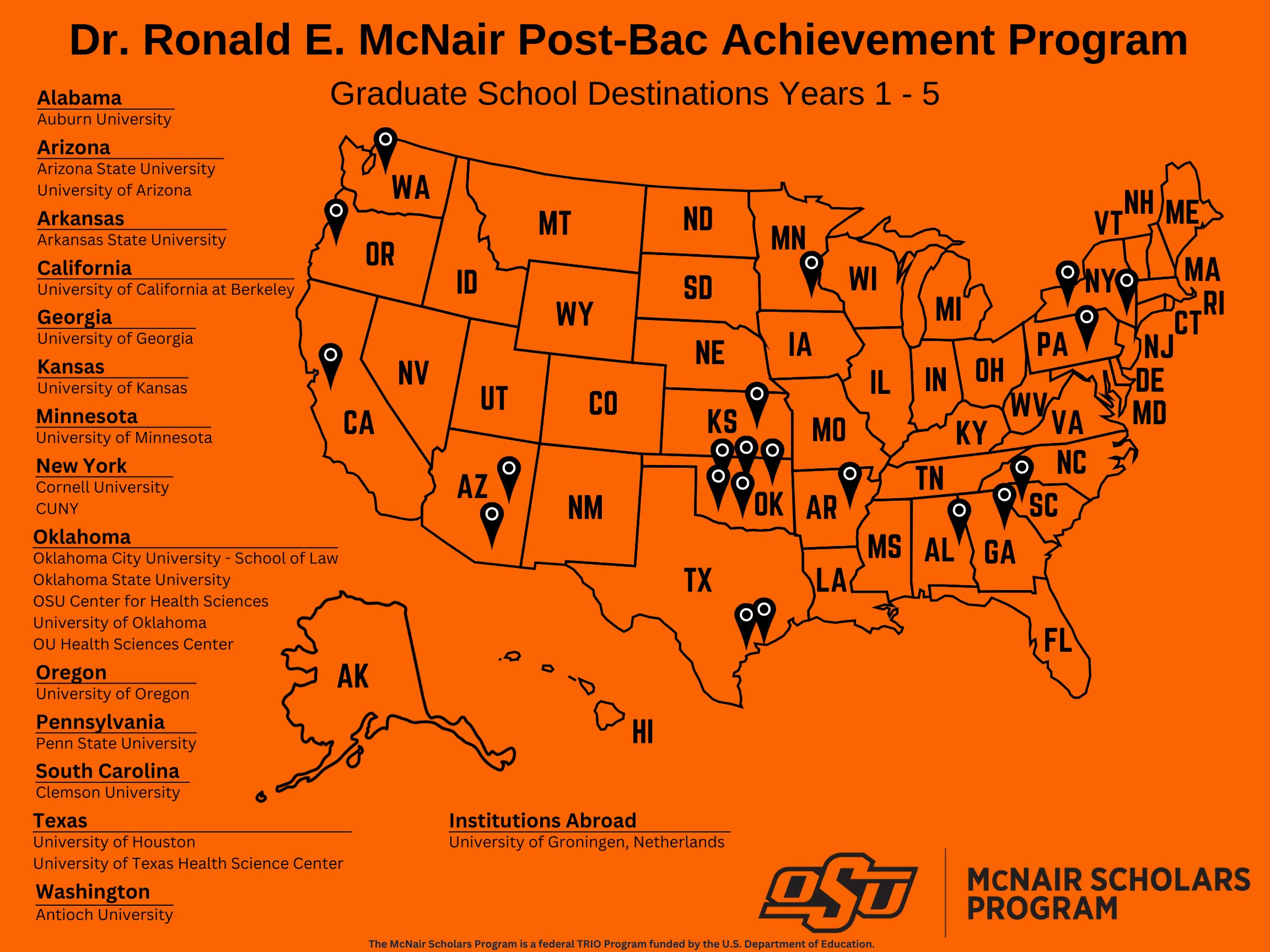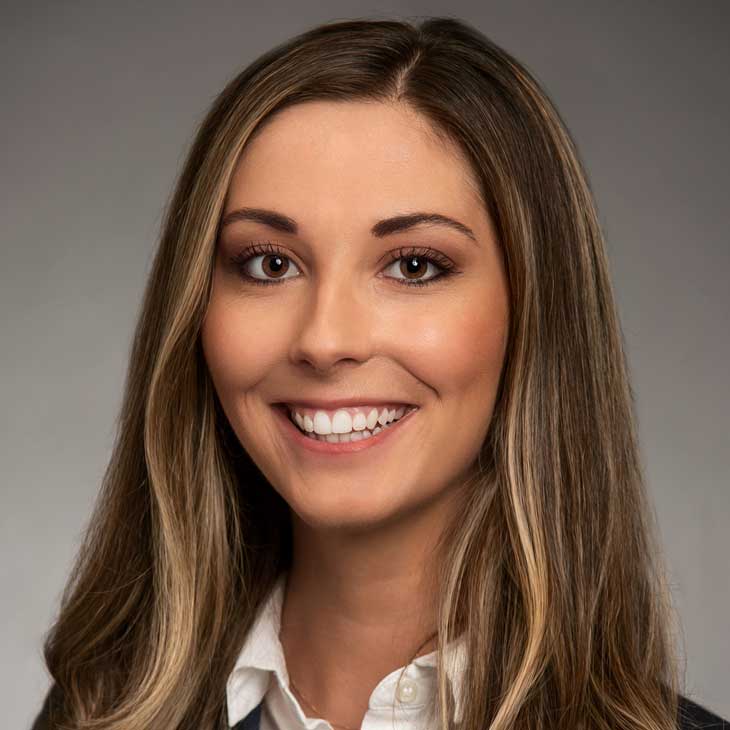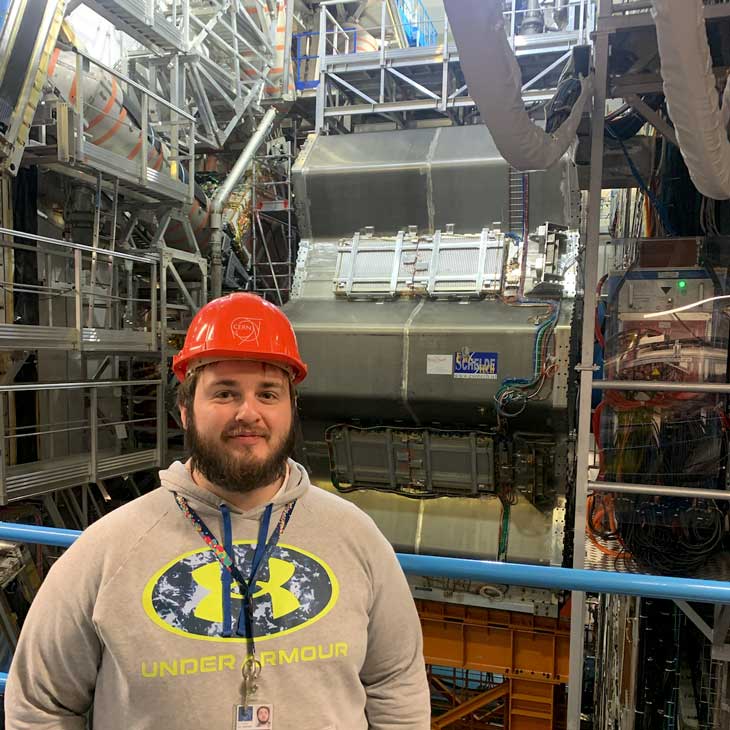
Advancing dreams and degrees: OSU’s McNair Program guides students to Ph.D. success
Monday, June 17, 2024
Media Contact: Sydney Trainor | Communications and Media Relations Specialist | 405-744-9782 | sydney.trainor@okstate.edu
Navigating the higher education landscape can be challenging for first-generation
and low-income students, but the McNair Scholars Program at Oklahoma State University
is a guiding light for many students.
The program provides clear guidance, empowering these students to not only succeed
in their undergraduate studies but also to envision and achieve the dream of earning
an advanced degree.
Established in 1989 by the U.S. Department of Education, the Ronald E. McNair Post-Baccalaureate Achievement Program, aka the McNair Scholars Program, was created to help first-generation, low-income and underrepresented students pursue post-graduate degrees.
Before applying for its inaugural McNair Scholars Program grant, OSU's Division of Access and Community Impact conducted focus groups and surveys to evaluate the institution's demand for the program and its potential benefits for undergraduates aspiring to graduate school.
“We went after this particular grant because we recognized that when we looked at the numbers, roughly 30% of students here are first-generation,” said Dr. Clyde Wilson, associate vice president for access and community impact. “Then, when you couple that with low income, we recognize that there's a great need for us to build on the land-grant mission of creating access and opportunity for all.”
OSU became fully funded with its first McNair Scholars Program grant in 2017 and since then has served 74 students. Now, in the second five-year grant cycle, OSU is among the 216 institutions nationwide offering McNair programs.
Wilson and his team focus on recruiting ambitious students and supporting them in
their academic journey.
“Each institution that has a McNair Program has to be able to show that there is a
need for the program to even be in existence at their institution,” Wilson said. “We
as a program, while we serve 25 students a year, two-thirds of those students must
identify as first-generation or low income, and then one-third of the students can
show up as just underrepresented.”

Faculty members have rallied around this program to determine how to instill confidence in students, empowering them to view themselves as impactful scientists and researchers in any chosen field. Leveraging the DOE’s resources, the McNair Program bridges existing faculty-student engagement efforts, enhancing mentorship experiences and equipping students to effectively present themselves for graduate school opportunities across the United States.
OSU’s first McNair Scholars are now completing their advanced degrees and reflecting on how the program has changed their lives.
Lacey (Gotcher) Robinson always knew she wanted to pursue a graduate degree in some fashion.
Originally from California, Robinson spent most of her childhood in Oklahoma. She was familiar with OSU’s campus and loved the Cowboy culture. In 2015, she began her undergraduate career at OSU studying chemistry.
A first-generation student, she secured a research job on campus but was still seeking out scholarship opportunities when she learned of the McNair Program.
Robinson learned that the program would support her through sponsored graduate school visits and preparation, personalized mentoring from campus professors, scholarships and financial aid assistance, and much more.

“At that time, I was considering either doing a Ph.D. in chemistry or going to pharmacy school,” Robinson said. “Both required four years of graduate level education and the McNair Program helped me figure out which direction I wanted to go to. They gave me the financial support to go to many on-site interviews at both Ph.D. and pharmacy schools.”
Robinson graduated from OSU with a Bachelor of Science in chemistry in 2019 and then started a Doctor of Pharmacy degree at the University of Houston, which she completed in 2023.
Visiting the University of Alabama — fully funded by the McNair Program — became a core memory for Robinson that helped her decide her future path.
"I remember, it was cool that we got to go visit quite a few schools,” Robinson said. “Other universities would invite Ph.D. candidates to come and check out their school and consider applying, and I got to see some nice schools that I wasn't considering without a visit.”
This year, the scholars will visit North Carolina State University. To Wilson, McNair Scholars must experience campuses outside of Oklahoma and the surrounding states to potentially find the best fit for their academic and personal goals, leading to a richer and more fulfilling graduate school experience.
“We'll go and meet with the graduate school representatives, to then talk about the different graduate programs and allow them to talk to faculty and current graduate students about their experiences,” Wilson said. “They will discuss funding opportunities and offer you the chance to speak with current graduate students at various stages of their journey. It's crucial to hear perspectives not just from faculty or the administration, but from those who are living the experience.”
The program helped Robinson tour prestigious institutions, and program leaders taught her how to present her research at conferences and prepare it for publication — something she continues today while in pursuit of a Master’s degree in pharmacy administration and leadership.
"It was great to have that head start before pharmacy school because I still do research, and I'm writing a publication right now,” Robinson said. “I’ve used those skills that I learned back when I was a junior in college over the past five years.”
Robinson currently works at Memorial Hermann Health System as a health systems pharmacy administration and leadership resident. Being part of the McNair program is an experience that opened many doors for Robinson and she hopes it does the same for future students.
For students considering applying to the McNair program and furthering their education, Robinson had some words of advice.
“It's a long road,” Robinson said. “Do all your research and try things you've never done before and see how you like them, because you never know what you might end up doing one day.
“One of the reasons why I applied to the McNair program is because any opportunity there was available, I jumped at it. I just wanted to see everything they could offer me and try it because you never know what you're going to like until you try it.”
Zackary Alegria is a fourth-year graduate student pursuing a Ph.D. in experimental high-energy physics at OSU, but there was a point when the thought of attending college was merely a thought.

Alegria began his education at OSU in 2016, dual majoring in mathematics and physics through the McNair Program. When he graduated in 2019, he elected to continue his education and was supported through the McNair Fellowship.
The Division of Access and Community Impact funds a three-credit summer course where faculty share their undergraduate mentorship experiences, helping students see they belong and are not alone. The program partners with entities across campus and leverages technology to ensure students become effective researchers.
“I always had the intentions of getting a Ph.D. and ending up working in a university setting, but it was kind of a struggle just to get to college,” Alegria said. “Then navigating life after undergrad and figuring out what the grad school process is like and how to get in everything is a whole other ordeal.
“The McNair program provides an opportunity to encourage you to get into research to prepare you for the process of applying to grad school; what does a graduate application look like? What makes a grad application look good? And not just like you threw something together right before a deadline.”
Alegria started researching experimental particle physics during his undergraduate career and discovered he enjoyed it. He wanted to continue research and teach in an academic setting as a professor. Despite his success, he was no stranger to imposter syndrome and knew other students experienced the same feelings.
"Being from that first-generation, low-income background, I know it's very difficult as an undergrad to figure out how to navigate this setting without some support,” Alegria said. “I always hoped that if I wasn't a professor, I could help students who didn't have that background structure, to say this is what you need to do to be successful in college. This is how you get involved with research. Just serve as a resource for people who are like me, new to this whole ordeal.”
Outside of research, McNair Scholars engage in professional social experiences, like visits to museums, art galleries, and prestigious conferences. Weekly activities teach practical skills to help students feel comfortable and confident in new settings.
“One of the biggest challenges is just imposter syndrome, and I think that's the biggest thing,” Alegria said. “I imagine a lot of students in the McNair program or that are considering being a part of the McNair program, feel like they don't belong in the university setting, just given their different backgrounds from most individuals here. So, having those resources of a group that says, ‘You do belong here. You can achieve your goals and see this through,’ definitely helps you overcome that impostor syndrome and feeling like you're an outsider trying to get into the cool kids’ group.”
Research at OSU opened Alegria to new opportunities. Growing up in Garden City, Kansas, Alegria never traveled much outside of Kansas and Oklahoma. However, he was able to travel internationally to Geneva, Switzerland, and participated in the European Organization for Nuclear Research (CERN) which was an unforgettable experience.
Alegria wants to continue conducting physics research after he graduates but also keeps the door open to teaching the next generation.
“I hope it's been clear that this opportunity for me as an undergrad, and as a grad student has been supported by the McNair program, helping me to get there,” Alegria said. “It's hard to quantify the impact they've had in this. There's been many things that have impacted me getting to this point. My department and research group have been a major supporter, the McNair Program has been major support, and even Oklahoma State is a great support in getting me to this point.
“I would like to emphasize for any future McNair Scholar or current scholars who are considering postgraduate studies, it's a long road, but it's well worth it so just keep persevering. You've made it to this point and been able to overcome challenges in your life. Don't stop now.”
